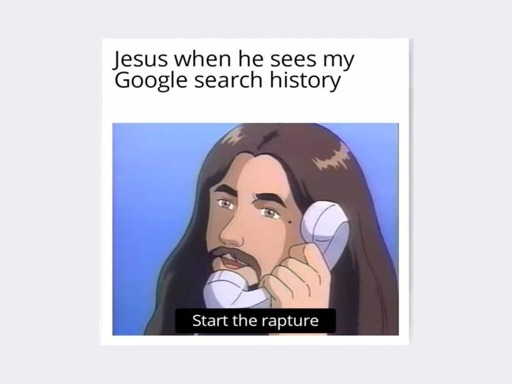A South African pastor recently claimed that Jesus would return on 23 September 2025. His prophecy quickly went viral, not through pulpits or pamphlets, but through TikTok — where it spawned memes, duets, and countless videos under the banner of the 2025 Rapture.
What followed was predictable.
The human toll behind the Rapture meme
Some users posted tearful dream diaries about fire and apocalypse. Others mocked the idea with parody countdowns and skits. Yet whether sincere or satirical, all of it spread like wildfire. And that’s the point: the Rapture meme isn’t just another quirky internet trend. It shows how Big Tech monetises fear as easily as fun.
TikTok’s algorithm rewards content that keeps users engaged — not content that tells the truth. Fear, like humour, keeps people scrolling. As researchers have shown in studies of misinformation and engagement, anxiety and outrage drive virality more effectively than fact-checking.
That’s why the Rapture prophecy exploded. A fringe sermon became a trending audio. Clips of anxious teenagers drew just as much reach as parody sketches. Each watch, like, and share trained the algorithm to pump out more of the same. TikTok didn’t care if the content spread calm, fear, or mockery. It cared only that it spread.
For some, the meme was entertainment. But for others, it was devastating. Users posted, “I can’t sleep because of this,” or “My dreams are full of fire.” Psychologists warn that apocalyptic thinking fuels religious trauma syndrome, anxiety, and even depression.
TikTok collapsed all of that — fear, fun, faith, satire — into one stream of content. The result? People laughed, people cried, and the company profited from both.
Platforms, capitalism, and fear
Apocalyptic prophecy is nothing new. From medieval preachers predicting the end times, to 20th-century evangelical hits like the Left Behind novels, culture has long recycled end-of-the-world stories. The difference now is scale and profit.
TikTok, owned by ByteDance, has over a billion users. Every clip of prophecy or parody that goes viral generates advertising revenue. The algorithmic incentive is clear: keep users hooked by any means, even if it means feeding them superstition, panic, or harmful disinformation.
While millions scroll through Rapture countdowns, the real crises remain: climate breakdown, war, inequality, and governments scapegoating migrants. Apocalyptic memes distract from these urgent issues. They funnel anxiety into superstition rather than resistance.
That suits the system perfectly. If people are paralysed by a false doomsday date, they’re less likely to fight the injustices destroying lives right now.
Fear shouldn’t be for sale
The prophecy will almost certainly pass without incident. The meme will fade into the TikTok churn. But the problem remains. TikTok will continue to profit from fear, just as it profits from humour, beauty hacks, and dance trends.
The 2025 Rapture meme is not harmless fun. It’s a case study in how platform capitalism feeds on our deepest anxieties. Until we demand accountability from Big Tech, our attention, our fears, and even our faith will remain commodities — bought and sold for clicks.
Featured image via the Canary
From Canary via this RSS feed


